
European Union


MRL Compliances for Indian Agricultural Products Exported to the European Union
by Yogendra Aldak*, Pranav Mundra** and Balraaj Singh***

Interpreting Contracts Across Jurisdictions in India — Europe Trade Era
by Ashok G.V.* and Sireesha P.M.**
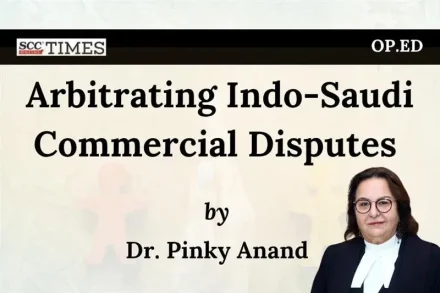
Arbitrating Indo-Saudi Commercial Disputes
by Dr Pinky Anand1
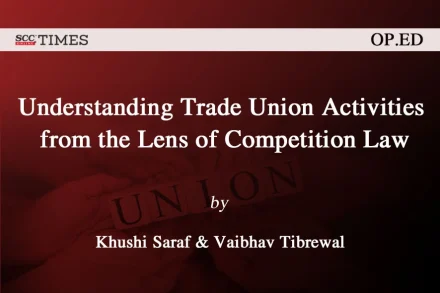
Understanding Trade Union Activities from the Lens of Competition Law
by Khushi Saraf* and Vaibhav Tibrewal**
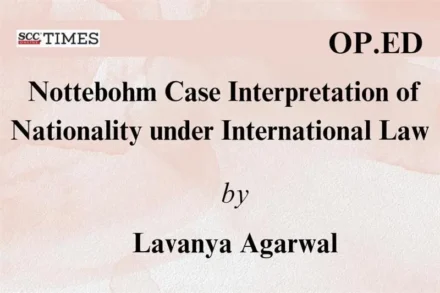
Nottebohm Case Interpretation of Nationality under International Law
by Lavanya Agarwal*
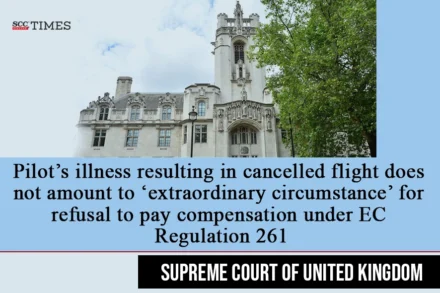
Pilot’s illness resulting in cancelled flight does not amount to ‘extraordinary circumstance’ for refusal to pay compensation under EC Regulation 261: UK SC
The Court stated that EC Regulation 261 provides a standardised level of compensation for passengers which does not require complex analysis. Requiring an enquiry into why, when and how a staff member became ill would be contrary to the intended operation of the scheme.
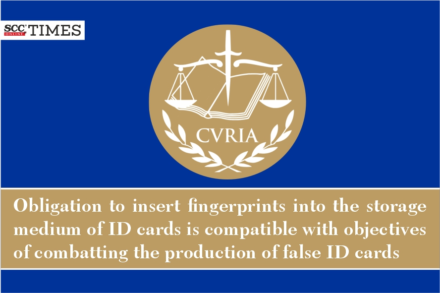
Obligation to insert fingerprints into the storage medium of ID cards is compatible with objectives of combatting the production of false ID cards: ECJ
The ECJ stated that obligation to insert fingerprints into the storage medium of identity cards constitutes a limitation of the fundamental right to privacy and protection of personal data, which are guaranteed by the ECHR.

Lifestyle v. Amazon Cross-Border Marketing Dispute | Amazon targeted consumers in the UK via its USA website, thereby infringing UK/EU Marks: UK SC
The dispute concerning Amazon’s use of its USA based website relates entirely to events that occurred before the UK left the European Union (Brexit) when UK trademark law at that time was substantially governed by EU legislation and case law.
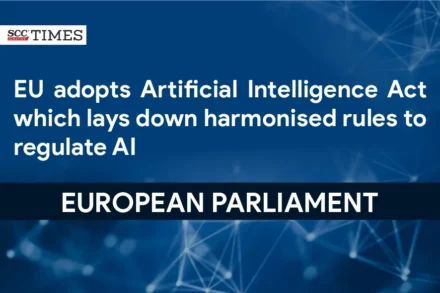
EU adopts Artificial Intelligence Act which lays down harmonised rules to regulate AI
In a pioneering step, the European Parliament on 13-03-2024, adopted 459-pages long Regulation drafted to ensure safety, compliance with fundamental rights and boost innovation.
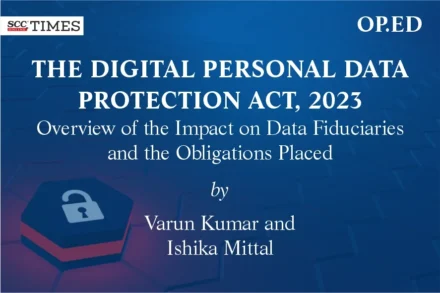
The Digital Personal Data Protection Act, 2023: Overview of the Impact on Data Fiduciaries and the Obligations Placed
by Varun Kumar† and Ishika Mittal††
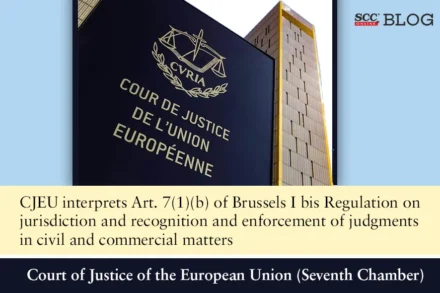
CJEU interprets Art. 7(1)(b) of Brussels I bis Regulation on jurisdiction and recognition and enforcement of judgments in civil and commercial matters
“Special rules of jurisdiction laid down by the Brussels I bis Regulation are to be interpreted strictly and do not permit an interpretation which goes beyond the cases expressly envisaged by that regulation.”

‘Fit and Proper’ Criteria under the SEBI (Intermediaries) Regulations — Is it time to Revisit?
by Ameya Gokhale†, Vaibhav Singh†† and Radhika Indapurkar†††
Cite as: 2023 SCC OnLine Blog Exp 58

EU passes proposal to Regulate Artificial Intelligence
The Member of European Parliament adopted the EU’s AI Act with 499 votes in favour.
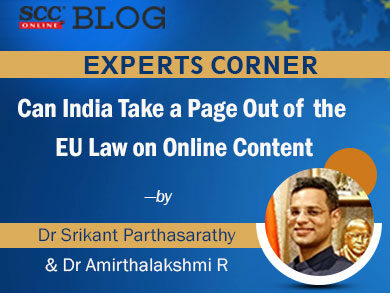
Can India Take a Page Out of the EU Law on Online Content
by Dr Srikant Parthasarathy† and Dr Amirthalakshmi R††
Cite as: 2023 SCC OnLine Blog Exp 13
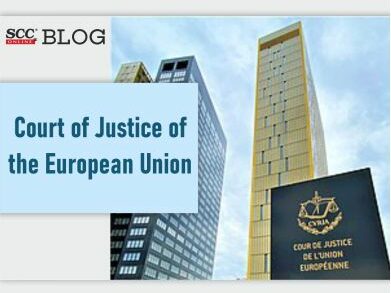
ECJ mandates employers to reimburse cost of spectacles and lenses for work involving display screen equipment
European Court of Justice: In a landmark ruling the Bench comprising A. Prechal (President), M.L. Arastey Sahún (Rapporteur), F. Biltgen, N. Wahl

[Data Protection v. Right to Information] Google must de-reference/remove inaccurate data from search engine; ECJ rules
“A person’s image constitutes one of the chief attributes of his or her personality as it reveals the person’s unique characteristics and distinguishes the person from others. The right to the protection of one’s image is thus one of the essential components of personal development and mainly presupposes that person’s control over the use of that image, including the right to refuse publication of it.”
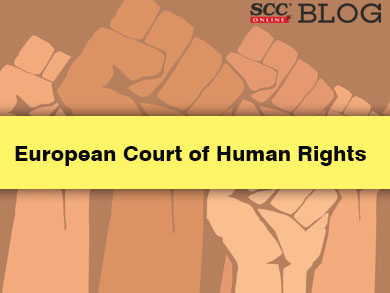
Termination of a Swiss national's widower's pension: ECHR finds no weighty and convincing reasons for such differential treatment on grounds of gender
“References to traditions, general assumptions or prevailing social attitudes in a particular country are insufficient justification for a difference in treatment on grounds of sex, whether in favour of women or men”

Green Finance and Environmental Governance
by Kritika Krishnamurthy† and Tapasi Mohapatra††
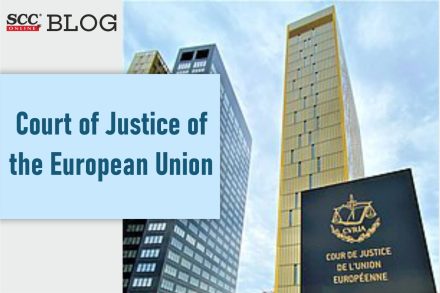
CJEU | Internal rule of a company barring any religious manifestation in the workplace through clothing or words, is not direct discrimination if the rule is applied in a general way
Court of Justice of the European Union (Second Chamber): In the instant dispute before the CJEU wherein the applicant's internship


